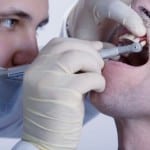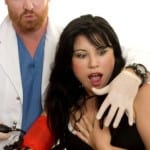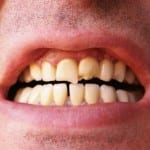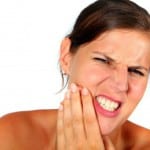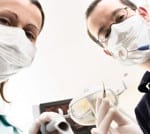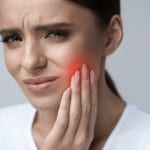 Are you suffering with dental pain? Have you had a sore tooth for a while? If so, here are some things you can do right now to help.
Are you suffering with dental pain? Have you had a sore tooth for a while? If so, here are some things you can do right now to help.
Book an appointment with your dentist
Sometimes, toothache comes and goes, but it can often be a sign of something a little more serious. Tooth pain may be caused by damage to the tooth, decay or infection. If you’ve experienced heightened sensitivity or you’ve noticed that the tooth is very painful when you bite down, this may indicate that you’ve got a cavity. When you see your dentist, they will have a good look at the tooth, and they can discuss treatment options with you. It’s always best to get aches and pains checked out. Often, treating problems early prevents the situation from getting worse, and it’ll save you from suffering any longer.
Maintain good oral hygiene
If you’ve got a sore tooth, you may be tempted to swerve cleaning your teeth, but don’t. If you neglect brushing your teeth, you’ll have a higher risk of developing dental complications, and the affected tooth will get worse. Call your dentist and make an appointment, and in the meantime, make an effort to keep your teeth as clean as possible.
Take painkillers
If you have toothache, you can take over the counter painkillers to ease discomfort. If you’re not sure what to take, call us for advice or ask a pharmacist. Always follow dosage instructions, and double check with a pharmacist if you’re already taking medication or you have underlying health issues. Taking medication should always be a short-term solution, and it shouldn’t be an alternative to seeking advice from your dentist.
If you’ve got painful teeth, call us now, and we’ll do our best to have you fighting fit again in no time.





